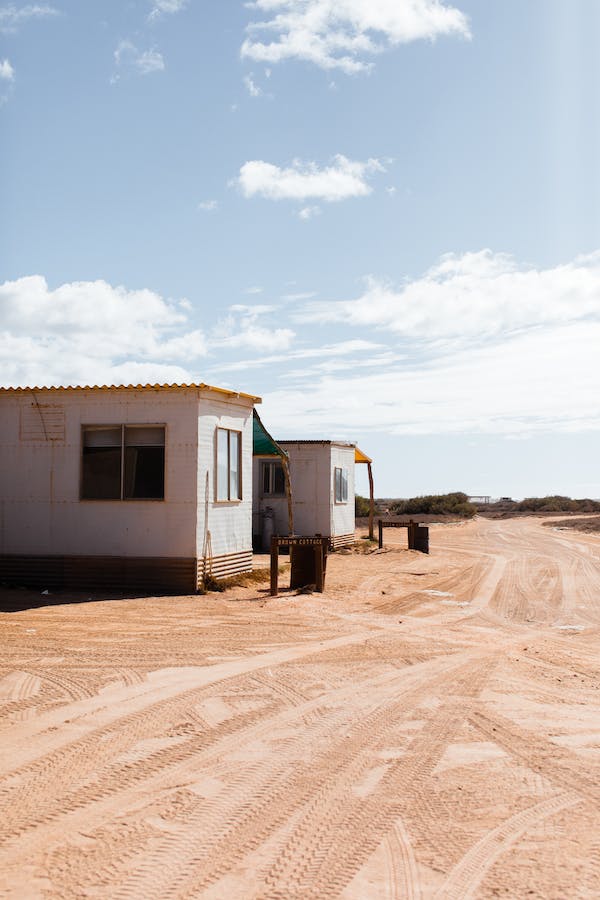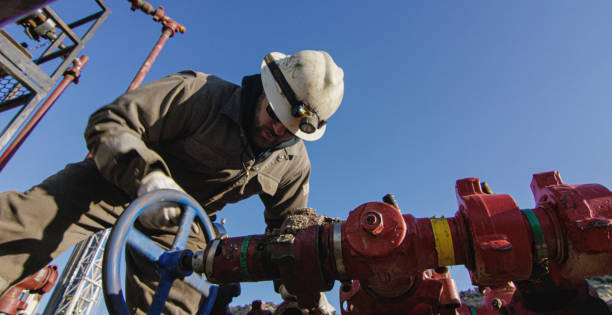The oil and gas industry has seen massive advances over the years with increased production and flatter cost curves. As production and costs continue to evolve, the challenges facing workers in the industry also become more complicated. One of the key challenges facing oil and gas workers is how to utilize new technology effectively to increase efficiency and safety while ensuring that best practices are being applied.
Modern technology offers a variety of tools to help operators increase production and efficiency while reducing risk and cost. Automation and advanced analytics are transforming how oil and gas Worker productivity is managed, allowing for more precise and accurate data and analytics. As it impacts safety, automation and analytics can be used to identify potential safety hazards faster and more accurately than ever before, giving workers more time to focus on other aspects of their role.

The process of extraction, exploration, and production is extremely complicated, and new technologies have emerged to make it easier for workers. For example, digital oilfield solutions allow operators to better track drilling operations through real-time data, manage inventory and resources, and boost operational efficiency. In addition, workers can access drill-site monitoring and connectivity, enabling them to quickly and accurately monitor their equipment and make changes as needed.
Remote sensing and digital imaging can also provide insights into underground oil and gas resources, allowing workers to identify and analyze seismic data quicker and more accurately than ever before. This provides workers with greater insight into the environment and can improve safety measures and increase efficiency.
Power systems are also taking advantage of modern technology to reduce costs and increase productivity. Automated monitoring can ensure more precise resource allocation and reduce the risk to workers, while remote control systems can reduce downtime and improve safety.
As the oil and gas industry continues to evolve, new technologies and digital solutions must be adopted to ensure the safety of workers and to maximize production and efficiency. New technologies offer a wide range of potential applications to help workers in the industry, but necessary steps must be taken to ensure these technologies are being implemented correctly.
The adoption of new technologies requires a clear understanding of the challenges faced. It also requires resources to train workers on how to use and apply new technologies. This may include developing new processes and procedures, or investing in specialized equipment and software. Training programs must be designed to ensure workers are properly prepared, and effective monitoring and assessment processes must be implemented to ensure the effectiveness of the technologies.
In order to overcome these challenges, the oil and gas industry must embrace new technologies and digital solutions to maximize production and safety while reducing cost. By leveraging technologies such as automation and analytics, workers can make better decisions faster and improve safety measures. In addition, by investing in training and assessment programs, the industry can ensure best practices are being applied and that workers are properly prepared for new technologies.
As digital and technological advancement continues, it is more important than ever for oil and gas workers to focus on utilizing modern technology to drive production and safety while overcoming the key challenges they face. Through embracing and leveraging new technologies, the industry can ensure workers are safe and efficient while continuing to increase production.








